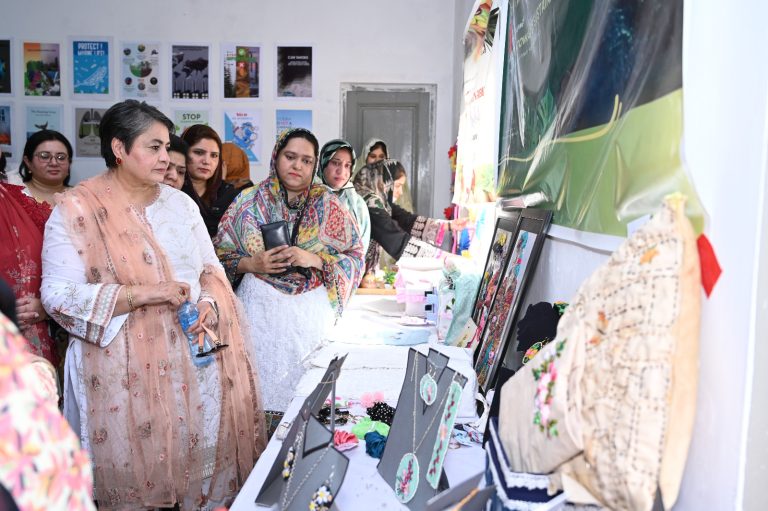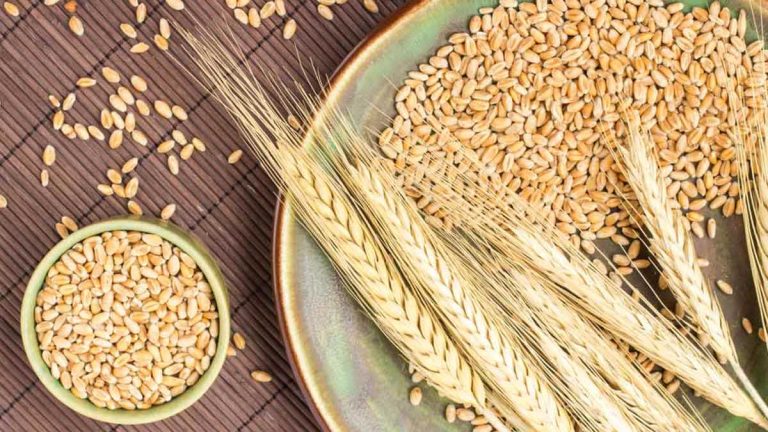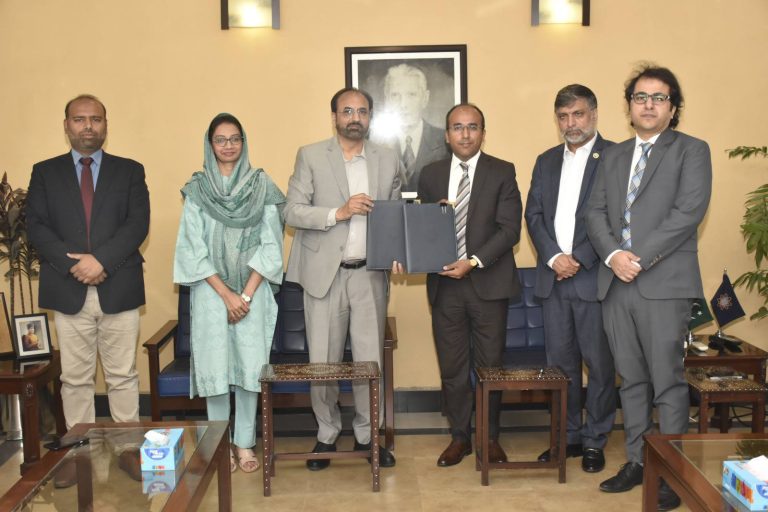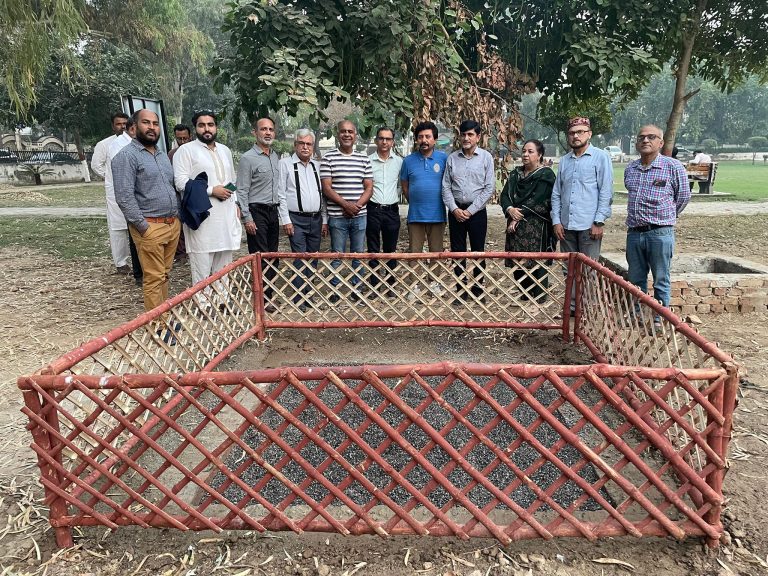US Ambassador Inaugurates Climate-Smart Agriculture Program at University of Agriculture Faisalabad
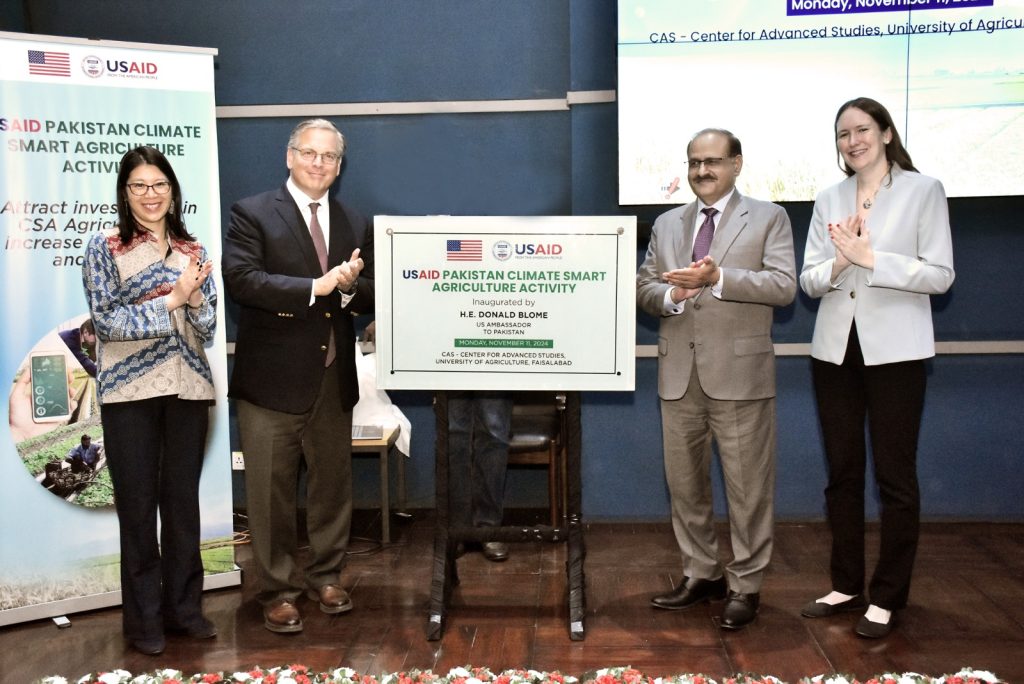
FAISALABAD: US Ambassador Donald Blome inaugurated a new five-year Climate-Smart Agriculture program launched at the University of Agriculture Faisalabad and designed to equip Pakistani farmers with innovative tools and practices to adapt to the impacts of climate change .
This US funded initiative will benefit farmers across Pakistan, and the program was launched at the University of Agriculture – Faisalabad, where the United States has previously supported the establishment of a Center for Advanced Studies in Agriculture. U.S. Consul General Kristin Hawkins and USAID Mission Director Kate Somvongsiri and UAF Vice Chancellor Prof Dr Muhammad Sarwar Khan joined Ambassador Blome for the launch event, along with Pakistani representatives from government, academia, and the agribusiness community.
This program builds on the longstanding partnership between the United States and Pakistan in agriculture, exemplified by the groundbreaking work of Nobel Peace Prize laureate Dr. Norman Borlaug, whose efforts in the 1960s significantly boosted wheat production in Pakistan. “Through this initiative, the United States and Pakistan will collaborate to improve both crop yields and farmers’ livelihoods,” Ambassador Blome said.
For over 60 years, the United States and Pakistan have worked closely to strengthen agricultural output while promoting environmental conservation. Ambassador Blome emphasized, “Through projects like these, the United States is supporting a brighter, more prosperous, and climate-resilient future for the Pakistani people.”
Dr Muhammad Sarwar Khan said that the initiative will prove a hallmark to promote climate smart agriculture. He said that in 60s, Washington State University (WSU) Pullman a team of professors stayed here in Faisalabad for ten years and developed the UAF. He said likewise, USAID funded Center for Advanced Studies at UAF set up in 2014 achieved tangible results for food security.
Moreover, he said that in the recent past, the UAF has introduced new varieties of various crops including wheat, GM Sugarcane varieties, soybean, maize, cotton and others that are compatible to the world productivity enhancement.

